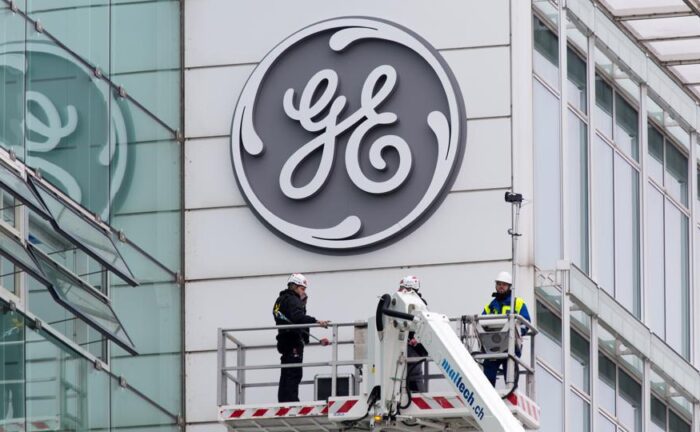
The Future of the GE Brand
Anyone interested in branding should pay attention to GE. What will happen to the GE brand over the next decade? My prediction: it will start to fade away.
A Glorious Past
GE is perhaps the most famous corporate brand. Under CEO Jack Welch, GE was the envy of the business world and regarded as the pinnacle of corporate achievement. Year after year, GE delivered outstanding financial results. GE’s Crotonville training center was, outside of a few top business schools like HBS and Kellogg, the best place to learn business leadership.
According to Interbrand’s brand valuation, GE was one of the most valuable brands in the world. In 2007, it ranked number #4 with a brand value of over $52 billion.
A Stunning Fall
It turns out that GE’s glorious past wasn’t so glorious. Jack Welch manipulated earnings. All the acclaim led to arrogance. CEO Jeff Immelt thought he was so important that he traveled with two corporate jets. If one broke down, there was always another one available. One group of GE executives came to Kellogg for strategic training, then decided they didn’t need any instruction after all and just wanted to do their own work.
The stock price traded near $300 per share in 2002. Twenty years later it was about $35.
As the business imploded, GE shattered into pieces. Appliances, healthcare, energy and aerospace all ended up as different companies. The company sold off the Crotonville facility.
The result is that the GE brand is now owned and used by multiple different firms. There are three large public companies: GE Healthcare, GE Aerospace and GE Vernova, the energy division. GE Lighting is owned by a company called Savant. GE Appliances is owned by Haier, a Chinese enterprise.
The Outlook
So, what does the future hold for the GE brand? It will be a challenge.
The problem is that nobody owns the brand. There are at least five different companies with rights to use the GE name. Each one has different interests, strategies and motivations.
Great brands stand for something distinctive and consistently deliver it. Coke, Apple and Google all have clear meanings. The firms carefully manage the brands, shaping the associations over time.
How will the GE brand flourish with its fragmented ownership?
Start with a basic question. What is GE? A consumer company? A lighting company? You might say GE stands for technology, but that seems like a stretch. Yes, GE Healthcare and GE Lighting both use technology. They also use cardboard.
Is GE a U.S. company? No. Is it a consumer company? No. Is it a business-to-business company? No. A healthcare company? A trusted company? Perhaps, but that is a modest claim.
The inconsistency will become more and more of a problem as time goes on. The values of each company will drift apart. The social media voices will be inconsistent.
It is a bit like having several musicians named Taylor Swift all recording and performing at the same time. Things would be very complicated.
And it will get worse. Each organization will try to define the brand in its own way. The appliances group will push GE to stand for something notable in appliances. GE Healthcare will try to shape GE to mean credibility in the healthcare world.
At the same time, none of the organizations will have an incentive to look after the overall GE brand. A company isn’t likely to spend money against GE when the benefits of that spend will go to multiple different entities.
Gradually, the GE brand, already tarnished by a business implosion, will lose more meaning and create more confusion.
The reality is that each of the firms using the GE brand should start making plans to embrace a new name. As the companies do this, the GE brand will gradually fade.
I don’t think GE will go away completely, at least not in the next fifty years. But it will inevitably recede from view, as even the strongest brands sometimes do when they are managed with arrogance and complacency.
There’s a strong story to be told with GE and it’s current decentralised brand ownership. It can simply be a Tech driven brand no matter the product the individual brands own or sell. I don’t agree with the name GE should fade away, that’s burning millions dollars in brand value. The Coca-Cola company exist with different owners in different countries. Whoever is profiting the most should champion the brand consolidation, best time to put Game Theory to use in brand management.